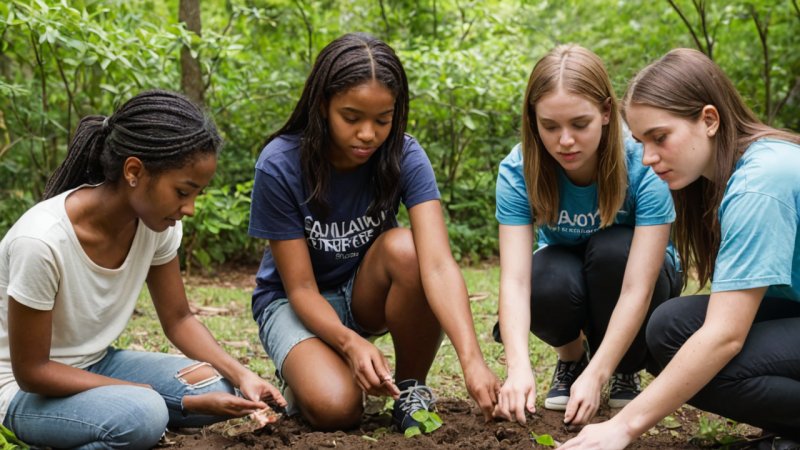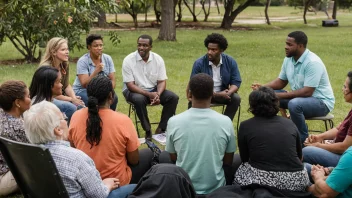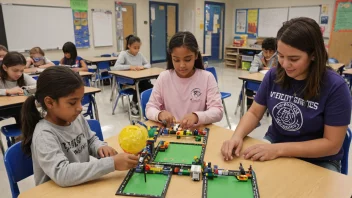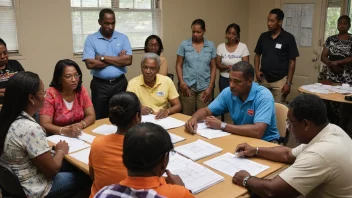Adolescence is a transformative period marked by self-discovery and the quest for identity. As young people navigate the complexities of growing up, spiritual exploration can play a pivotal role in shaping their values, beliefs, and overall wellbeing. Understanding the importance of this exploration is crucial for parents, educators, and community leaders who wish to support the youth in their developmental journey.
Spirituality during adolescence often provides a framework for understanding one's place in the world, fostering a sense of belonging and purpose. Engaging with spiritual questions can help teenagers confront existential dilemmas, such as the meaning of life, morality, and the nature of relationships. This journey often encourages critical thinking and self-reflection, essential skills that contribute to personal growth.
Moreover, spiritual exploration can promote mental health and emotional resilience. Adolescents face numerous challenges, including academic pressure, social dynamics, and the impact of social media. By turning to spiritual practices—be it meditation, prayer, or community service—young individuals can cultivate mindfulness and stress management techniques that enhance their emotional stability.
Community involvement is another vital aspect of spiritual exploration. Many religious and spiritual organizations offer programs aimed at engaging youth in service projects, which can deepen their understanding of compassion and social justice. Participating in these initiatives not only helps those in need but also allows adolescents to forge meaningful connections with peers and mentors who share similar values.
Furthermore, spiritual exploration encourages inclusivity and acceptance. In a diverse world, understanding various spiritual beliefs fosters empathy and respect for different perspectives. By learning about different religions and spiritual practices, adolescents can develop a broader worldview, which is essential in today’s interconnected society.
To support adolescents in their spiritual exploration, adults can take several practical steps. Creating open dialogues about spirituality, encouraging participation in community service, and providing resources for self-exploration, such as books or workshops, can all empower young people to embark on their spiritual journeys. It is also vital to respect their individual paths, recognizing that spirituality is a personal experience that may differ widely among peers.
In conclusion, the importance of spiritual exploration during adolescence cannot be overstated. It serves as a foundation for personal growth, emotional health, and social awareness. By fostering an environment that encourages spiritual inquiry, we can empower young people to navigate their formative years with confidence, compassion, and a sense of purpose. As we support them in this journey, we not only help them find their own paths but also cultivate a more understanding and connected community.






